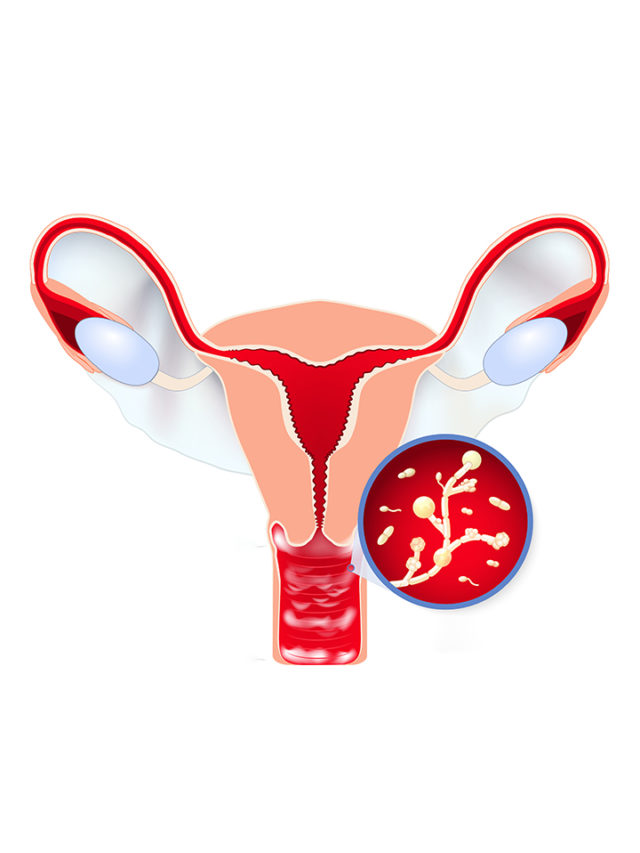
This is a common infection that affects men and women. It’s usually harmless but it can be uncomfortable and keep coming back. It is not a sexually transmitted infection (STI).
Symptoms in women
- White discharge (often like curd or cheese), which does not usually smell
- itching and irritation around the vagina
- soreness and stinging during sex or when you pee
Symptoms in men
- irritation, burning and redness around the head of the penis and under the foreskin
- white discharge (like cheese)
- unpleasant smell
- difficulty pulling back the foreskin

What causes fungal infection?
Vagina fungal infection is not classed as a sexually transmitted infection (STI), but it can be triggered by sex.
It is caused by a fungus called candida that is normally harmless.
It tends to grow in warm, moist conditions and develops if the balance of bacteria changes.
This can happen if:
- your skin is irritated or damaged
- you’re taking antibiotics unsupervised
- you have poorly controlled diabetes
- you’re pregnant
- you have a weakened immune system (for example, because of HIV or chemotherapy)
- you’re having hormone replacement therapy (HRT)
Do’s
- use water instead of soap to wash the affected area
- dry properly after washing
- wear cotton underwear
- avoid sex until infection has cleared up if sex is uncomfortable
Don’t
- do not use soaps or shower gels
- do not use douches or deodorants on your vagina or penis
- do not wear tight underwear or tights
See a gynaecologist if :
- you have the symptoms of fungal infection for the first time
- you’re under 16 or over 60
- infection keeps coming back (more than 4 times in 12 months)
- treatment has not worked
- you’re pregnant or breastfeeding
- you have a weakened immune system – for example, because of diabetes, HIV or chemotherapy
What happens at your appointment
The gynaecologist will want to confirm it’s fungal and rule out other infections.
You’ll be asked about your symptoms and you will need an external or internal examination of your vagina.
If it’s not clear it’s fungal, you may need further tests and a cotton bud may be wiped over the discharge to test for other infections

Treatment
You’ll usually need antifungal medicine to get rid of the infection. This can be a tablet you take, a tablet you insert into your vagina (pessary) or a cream to relieve the irritation.
It should clear up within 7 to 14 days of starting treatment.
You do not need to treat partners unless they have symptoms.
Recurring vaginal fungal infection
You might need to take treatment for longer (for up to 6 months) if you keep getting it (you get it more than 4 times in 12 months).
A gynaecologist can help identify if something is causing your infection. They’ll recommend how often you should use treatment. You should not use antifungal medicine without supervision from your gynaecologist.
If you have sex during treatment, be aware that antifungal creams can damage condoms and diaphragms. This means your contraception might not work.
